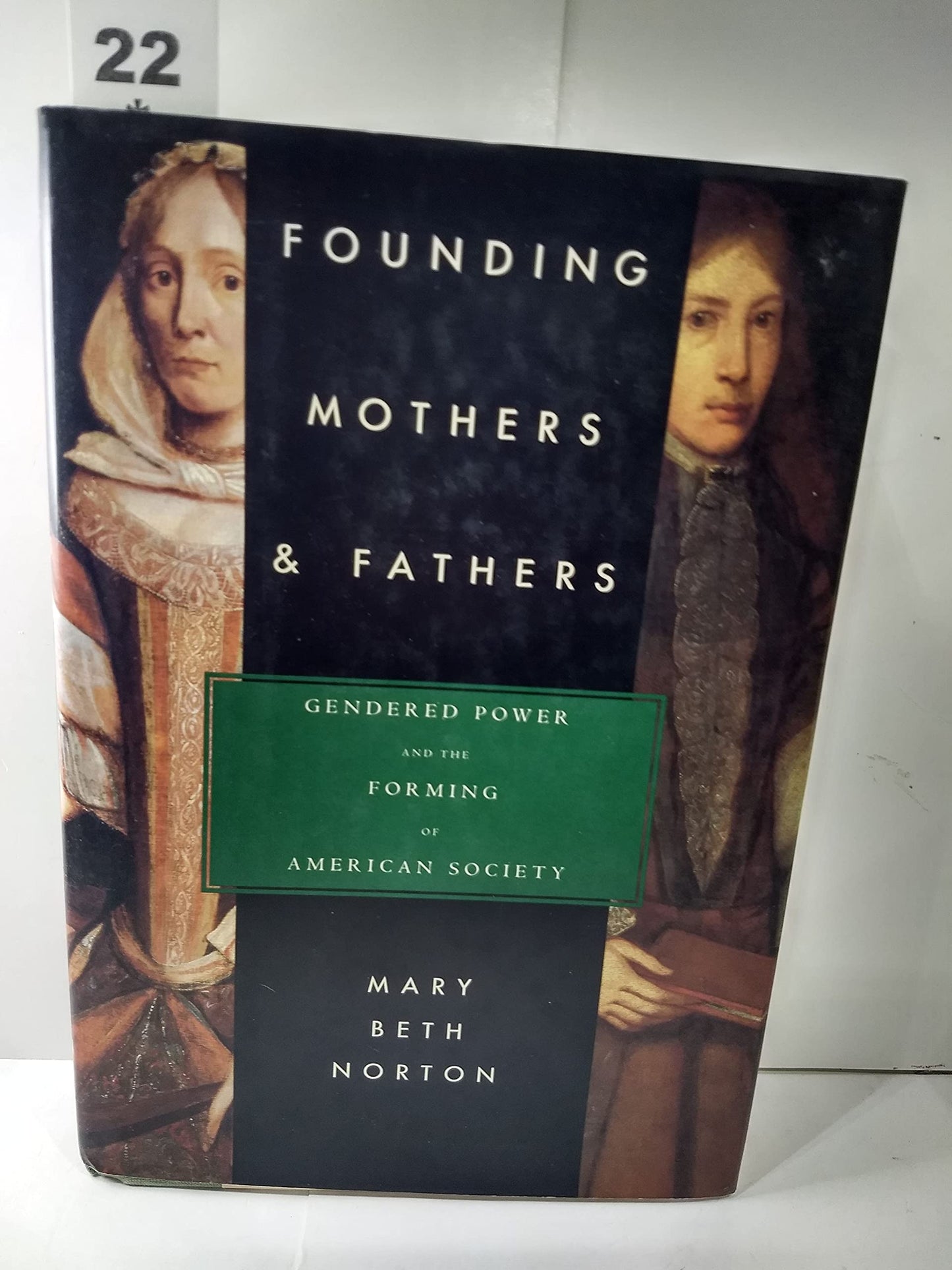Knopf
Founding Mothers & Fathers: Gendered Power and the Forming of American Society
Regular price
$9.95 USD
Regular price
Sale price
$9.95 USD
Unit price
per
Shipping calculated at checkout.
Couldn't load pickup availability
Title: Founding Mothers & Fathers: Gendered Power and the Forming of American Society
Author: Mary Beth Norton
F: 1702712
ISBN: 9780679429654
Publisher: Knopf
Published: 1996
Binding: Hardcover
Language: English
Edition: 1
Number of Pages: 496
Section: Social Science | Anthropology | Cultural & Social
Condition Note: Clean, unmarked copy with some edge wear. Good binding. Dust jacket included if issued with one. We ship in recyclable American-made mailers. 100% money-back guarantee on all orders.
Publisher Description: Focusing on the first half-century of English settlement - approximately 1620 to 1670 - Mary Beth Norton looks not only at what colonists actually did but also at the philosophical basis for what they thought they were doing. She weaves theory and reality into a tapestry that reveals colonial life as more varied than we have supposed. She draws our attention to all early dysfunctional family extending over several generations and colonies. The basic worldview of this early period, Norton demonstrates, envisaged family, society, and state as similar institutions. She shows us how, because of that familial analogy, women who wielded power in the household could also wield surprising authority outside the home. We see, for example, Mistress Margaret Brent given authority as attorney for Lord Baltimore, Maryland's Proprietor, and Mistress Anne Hutchinson, who sought and assumed religious authority, causing the greatest political crisis in Massachusetts Bay. Norton also describes the American beginnings of another way of thinking. She argues that an imbalanced sex ratio in the Chesapeake colonies made it impossible to establish "normal" familial structures, and thus equally impossible to employ the family model as unself-consciously as was done in New England. The Chesapeake, accordingly, became a practical laboratory for the working out of a "Lockean" political system that drew a line between family and state, between "public" and "private." In this scheme, women had no formal, recognized role beyond the family. It is this worldview that eventually came to characterize the Enlightenment and that still looms large in today's culture wars.

